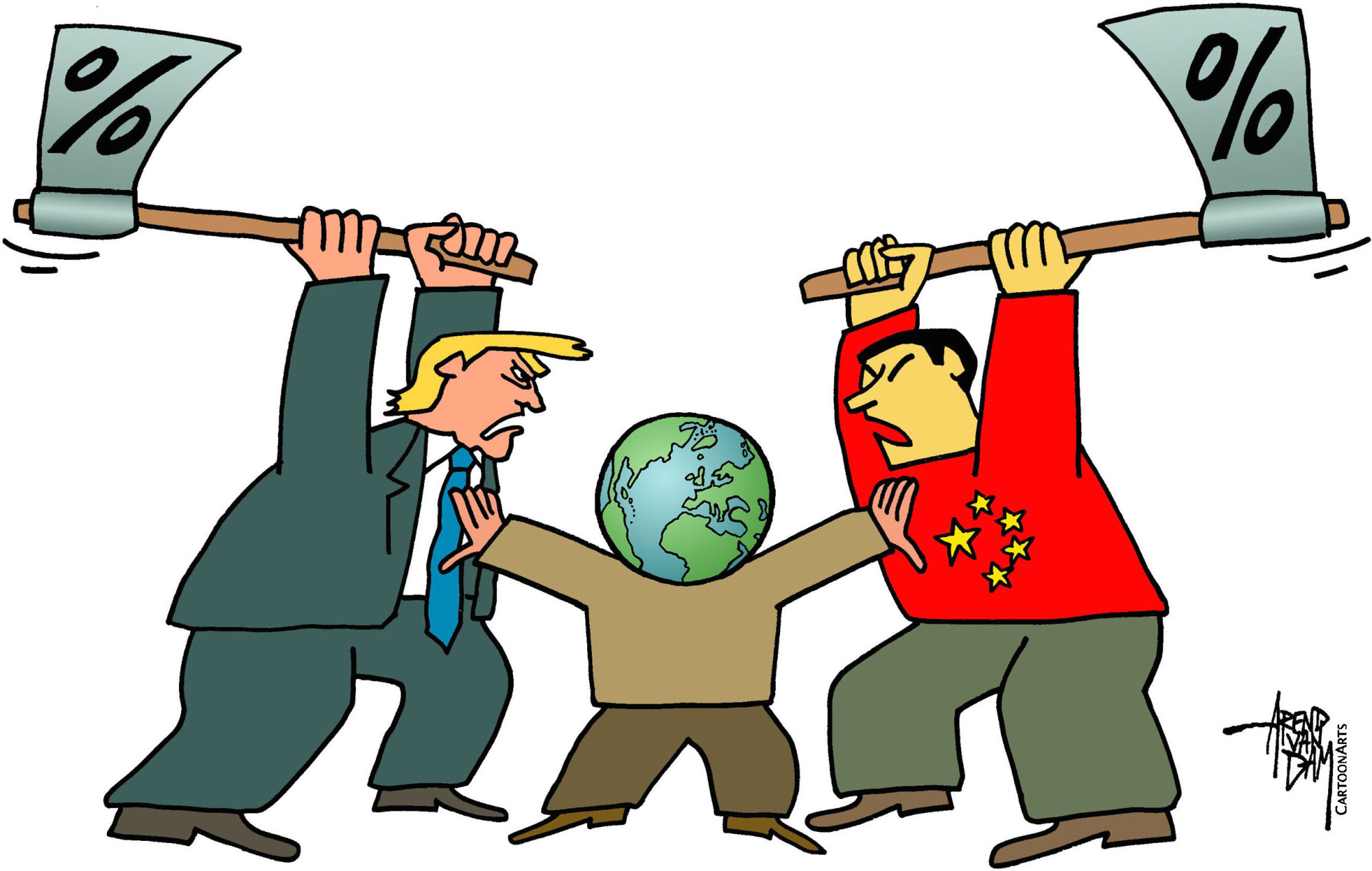The Indo-Pacific region's geopolitical flux is being highlighted by several developments. The escalating U.S.-China trade war is setting in motion a gradual "decoupling" of the world's top two economies; South Korea's weaponization of history is increasingly roiling its relations with Japan; Beijing appears to be inexorably moving to crush Hong Kong's pro-democracy movement; and the Sino-Pakistan strategic nexus is deepening. China, meanwhile, still pursues aggression in the South China Sea, as exemplified by its ongoing coercion against Vietnamese oil and gas activities within Vietnam's own exclusive economic zone (EEZ).
Add to the picture surging tensions over two Indo-Pacific hotspots: Taiwan, with the growing animosity between Beijing and Taipei increasing the risks of a shooting war; and the erstwhile kingdom of Jammu and Kashmir, whose control is split among India, Pakistan and China.
If Hong Kong's mass movement loses to Chinese authoritarianism, the implications will not be limited to that city. Indeed, another Tiananmen Square triggered by China's unleashing of brute force would likely have far greater international geopolitical fallout than the 1989 massacre in Beijing.



